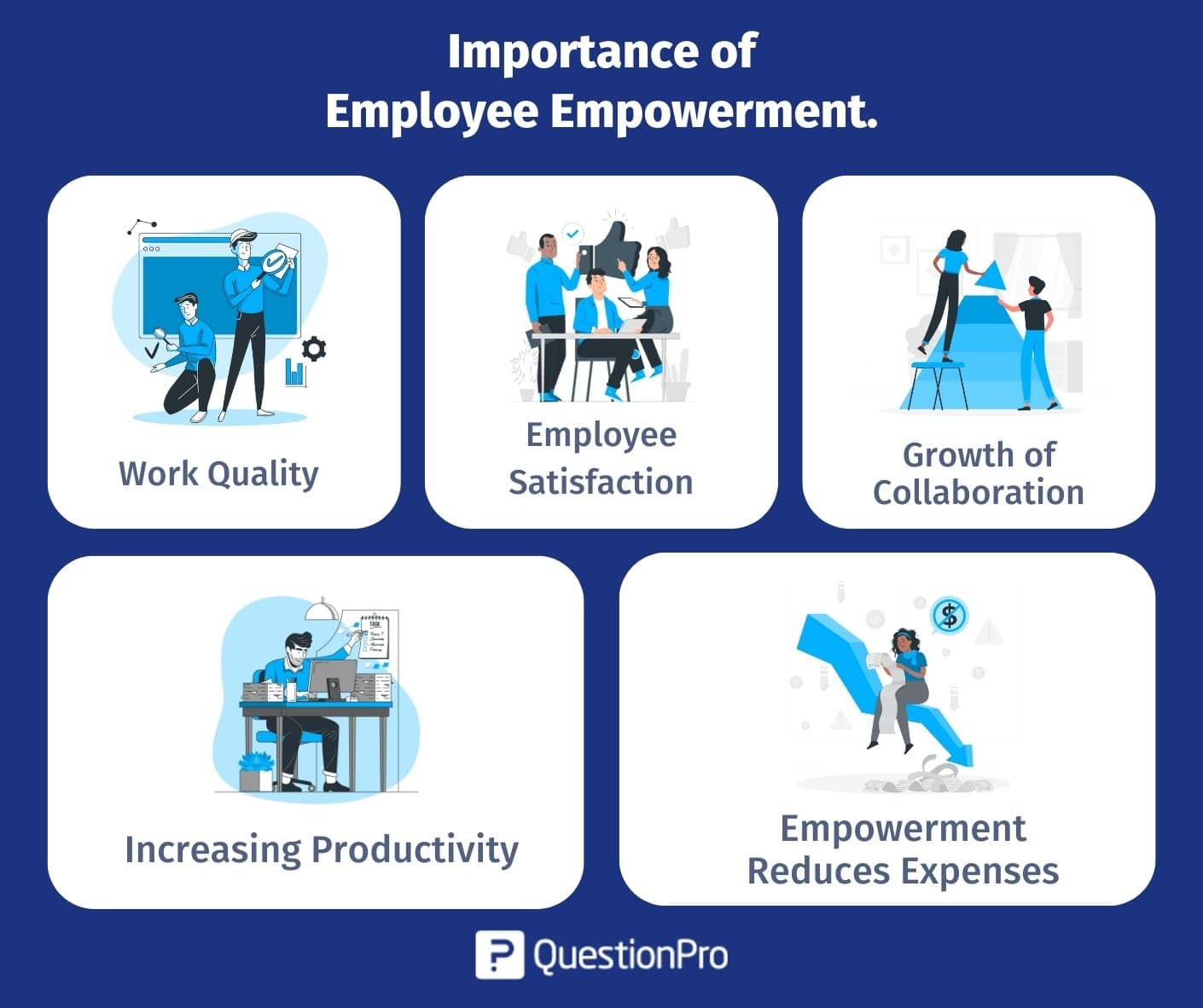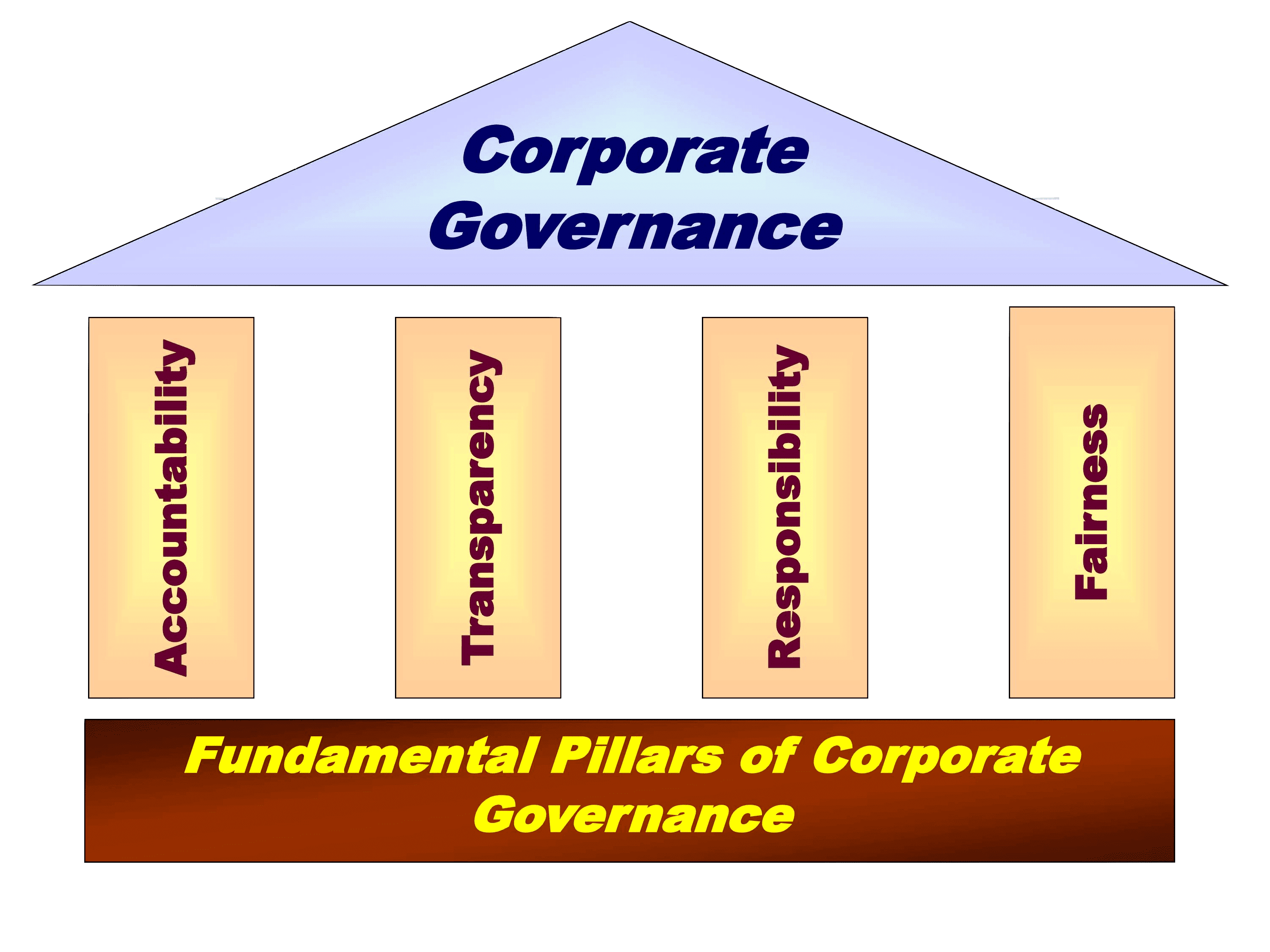Corporate Governance And Ethical Leadership: Empowering Sustainable Success have published today. is a guide to help organizations understand the importance of corporate governance and ethical leadership in achieving sustainable success.

ESG Environmental Social Governance Sustainable Development and - Source www.dreamstime.com
Editor's Note: Corporate Governance And Ethical Leadership: Empowering Sustainable Success is a critical topic for organizations of all sizes. In today's business environment, it is more important than ever for organizations to have strong corporate governance and ethical leadership in place. This is because corporate governance and ethical leadership can help organizations to:
We analyzed thousands of data and dig into information, we put together this Corporate Governance And Ethical Leadership: Empowering Sustainable Success guide to help you make the right decision.
Take a look at the following table, illustrate key differences or Key takeways at a glance:
FAQs
This FAQ section provides concise answers to frequently asked questions regarding the significance of corporate governance and ethical leadership in fostering sustainable business success.

Walmart's Job Seeker's Toolbox: Empowering You with the Tools for - Source kopiabc.pages.dev
Question 1: What is the role of corporate governance in ensuring ethical conduct?
Corporate governance establishes clear policies and procedures that guide decision-making and behavior at all levels of the organization, promoting ethical conduct and preventing misconduct.
Question 2: How does ethical leadership contribute to sustainable success?
Ethical leadership fosters a culture of trust, integrity, and transparency. It aligns business goals with societal values, reducing the risk of unethical behavior and enhancing reputation, which ultimately leads to long-term sustainability.
Question 3: What are some key principles of effective corporate governance?
Accountability, transparency, fairness, and shareholder rights are fundamental principles that ensure responsible and ethical decision-making, promoting the interests of all stakeholders.
Question 4: How can ethical leadership address social and environmental challenges?
Ethical leaders recognize their responsibility to stakeholders beyond shareholders, including employees, communities, and the environment. They prioritize sustainability, minimize negative impacts, and strive for positive social change.
Question 5: What are the benefits of integrating corporate governance and ethics into business practices?
Improved decision-making, enhanced credibility, reduced legal risks, and increased stakeholder confidence are some of the significant benefits that organizations can reap by aligning corporate governance and ethics.
Question 6: How can ethical leadership foster innovation and agility?
Ethical leadership creates a psychologically safe and inclusive environment where employees feel comfortable taking risks, sharing ideas, and challenging conventional thinking. This promotes creativity and adaptability, driving innovation.
In conclusion, corporate governance and ethical leadership are inseparable elements that provide a solid foundation for sustainable business success. By embracing ethical practices and effective governance, organizations can establish a culture of integrity, build trust, and achieve long-term prosperity.
Proceed to the next article section for further insights on the critical role of corporate governance and ethical leadership in the modern business landscape.
Tips

Ethical Leadership: Bright Leaders as Fallen Stars - Merillot - Source www.merillot.com
Effective corporate governance and ethical leadership are vital for sustainable success. Corporate Governance And Ethical Leadership: Empowering Sustainable Success provides valuable insights and practical tips to guide organizations in this journey.
Tip 1: Foster a Culture of Transparency and Accountability
Establish clear roles and responsibilities, transparent reporting systems, and independent oversight to ensure accountability and decision-making that values ethical considerations.
Tip 2: Align Incentives with Long-Term Success
Create compensation structures and performance metrics that encourage long-term thinking and sustainable decision-making, avoiding short-term gains at the expense of organizational health.
Tip 3: Seek Stakeholder Engagement and Feedback
Actively involve stakeholders, including employees, customers, suppliers, and the community, in decision-making processes to gather diverse perspectives and foster trust.
Tip 4: Promote Ethical Decision-Making at All Levels
Provide comprehensive training, empower employees to raise concerns, and establish clear ethical guidelines to ensure consistent ethical behavior throughout the organization.
Tip 5: Embrace Sustainability as a Core Value
Integrate sustainability into the organization's mission, values, and decision-making processes to drive responsible business practices and positive impact on the environment and society.
Tip 6: Continuously Monitor and Evaluate Performance
Establish robust monitoring systems to track progress towards ethical and sustainability goals, identify areas for improvement, and ensure ongoing alignment with strategy.
Tip 7: Encourage a Learning Mindset and Innovation
Foster a culture that values continuous learning, innovation, and adaptability to ensure the organization remains agile and responsive to changing circumstances and ethical challenges.
Tip 8: Lead by Example
Leaders must demonstrate unwavering commitment to ethical principles and sustainability through their actions, setting the tone for the entire organization and inspiring others to follow suit.
By implementing these tips, organizations can create a strong ethical foundation that supports sustainable success, fosters trust, and drives positive impact for stakeholders, the environment, and society.
Corporate Governance And Ethical Leadership: Empowering Sustainable Success
Corporate governance and ethical leadership are crucial for sustainable success. They establish a framework for decision-making, promote transparency, and foster a culture of integrity, accountability, and sustainability.
- Transparency: Open and transparent communication.
- Accountability: Clear lines of responsibility and answerability.
- Sustainability: Decisions that prioritize long-term environmental and social well-being.
- Integrity: Acting in accordance with ethical principles and values.
- Stakeholder Engagement: Active involvement of all stakeholders in decision-making.
- Risk Management: Systematic identification, assessment, and mitigation of risks.
These aspects are interconnected and mutually reinforcing. For example, transparency fosters accountability, while integrity guides sustainable decision-making. Organizations that prioritize these aspects create a foundation for trust, innovation, and long-term growth. By empowering ethical leadership and effective corporate governance, businesses can navigate complex challenges, build resilience, and drive sustainable success that benefits all stakeholders and the environment.

What is Corporate Governance? Principles, Examples & More - Source tradebrains.in
Corporate Governance And Ethical Leadership: Empowering Sustainable Success
Corporate governance and ethical leadership are inextricably linked, forming the bedrock of sustainable success for any organization. Effective corporate governance ensures that companies operate with transparency, accountability, and integrity, fostering trust among stakeholders and creating a platform for long-term growth. Ethical leadership, on the other hand, embodies the highest standards of conduct, setting a moral compass for employees and guiding decision-making towards socially responsible outcomes. Together, these elements empower organizations to navigate the complexities of the modern business landscape while staying true to their values and purpose.

22 Ideas for Ethical Leadership Quotes - Home, Family, Style and Art Ideas - Source therectangular.com
Real-life examples abound that demonstrate the profound impact of this connection. Patagonia, known for its environmental activism and commitment to sustainability, has consistently ranked among the most respected companies in the world. Its strong corporate governance structure, combined with the ethical leadership of founder Yvon Chouinard, has enabled Patagonia to maintain its integrity while achieving remarkable financial success. Similarly, Unilever's Sustainable Living Plan, driven by a deep-seated ethical commitment from its leadership, has transformed the company into a global leader in sustainability, driving innovation and creating value for all stakeholders.
Understanding this connection is crucial for organizations seeking to achieve sustainable success. By embracing ethical leadership and implementing robust corporate governance practices, companies can create a culture of integrity, transparency, and accountability, laying the foundation for long-term prosperity and positive societal impact.
Table: Key Insights on Corporate Governance and Ethical Leadership
| Corporate Governance | Ethical Leadership | |
|---|---|---|
| Ensures transparency | Guides decision-making | |
| Provides accountability | Sets moral standards | |
| Builds stakeholder trust | Inspires employee conduct | |
| Establishes a framework for sustainable success | Creates a culture of integrity |
Conclusion
Corporate governance and ethical leadership are indispensable pillars of sustainable success, empowering organizations to navigate complex challenges, build enduring relationships, and create a positive impact on the world. By embracing ethical values, transparency, and accountability, companies can unlock their full potential and drive lasting prosperity, not only for themselves but for society as a whole.
The journey towards corporate governance and ethical leadership is not without its challenges. It requires a deep commitment from leadership, a willingness to embrace change, and a relentless pursuit of excellence. However, the rewards are immense, leading to enhanced brand reputation, increased employee engagement, improved financial performance, and the satisfaction of contributing to a better future.



